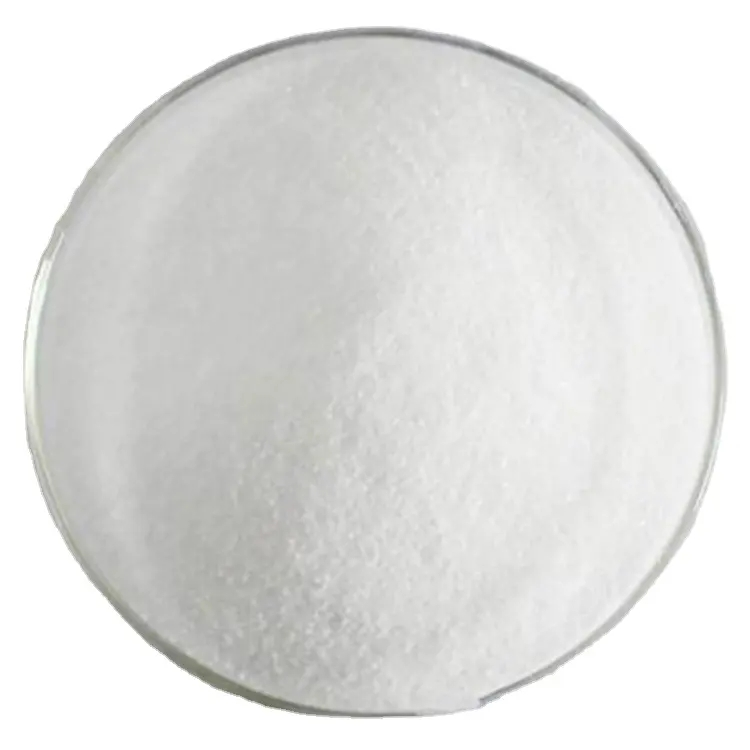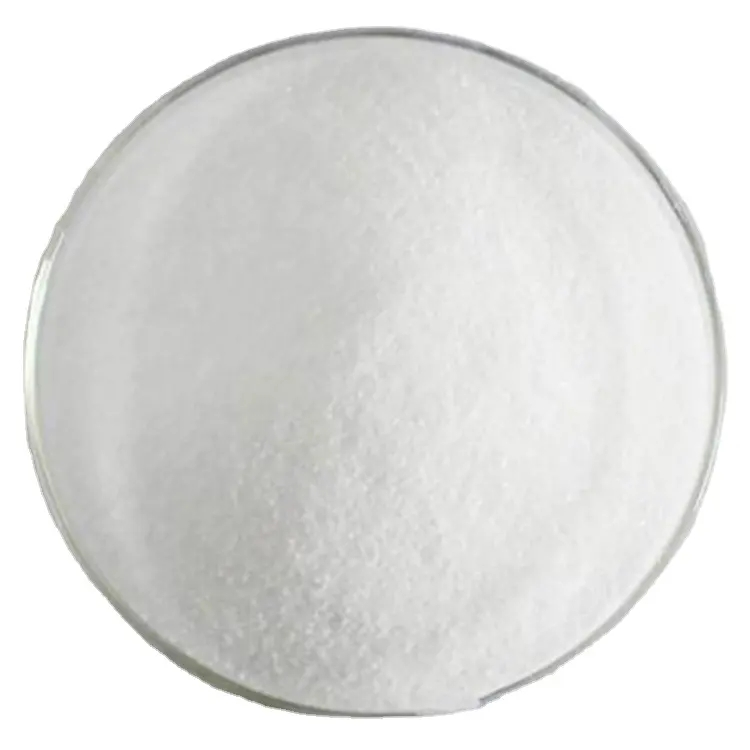
In a 2016 study published in Scientifica (Cairo), Egyptian researchers examined the effects of titanium dioxide nanoparticles on the organs of mice by orally administering the food additive daily, for five days. The results showed that the exposure produced “mild to moderate changes in the cytoarchitecture of brain tissue in a time dependent manner.” Furthermore, “Comet assay revealed the apoptotic DNA fragmentation, while PCR-SSCP pattern and direct sequencing showed point mutation of Presenilin 1 gene at exon 5, gene linked to inherited forms of Alzheimer’s disease.” The researchers wrote: “From these findings, “the present study concluded that TiO2NPs is genotoxic and mutagenic to brain tissue which in turn might lead to Alzheimer’s disease incidence.”
In 2019, EFSA published a statement on the review of the risk related to the exposure to food additive titanium dioxide (E171) performed by the French Agency for Food, Environment and Occupational Health Safety (ANSES). In its statement, EFSA highlighted that the ANSES opinion reiterated the uncertainties and data gaps previously identified by EFSA and did not present findings that invalidated the Authority’s previous conclusions on the safety of titanium dioxide.



